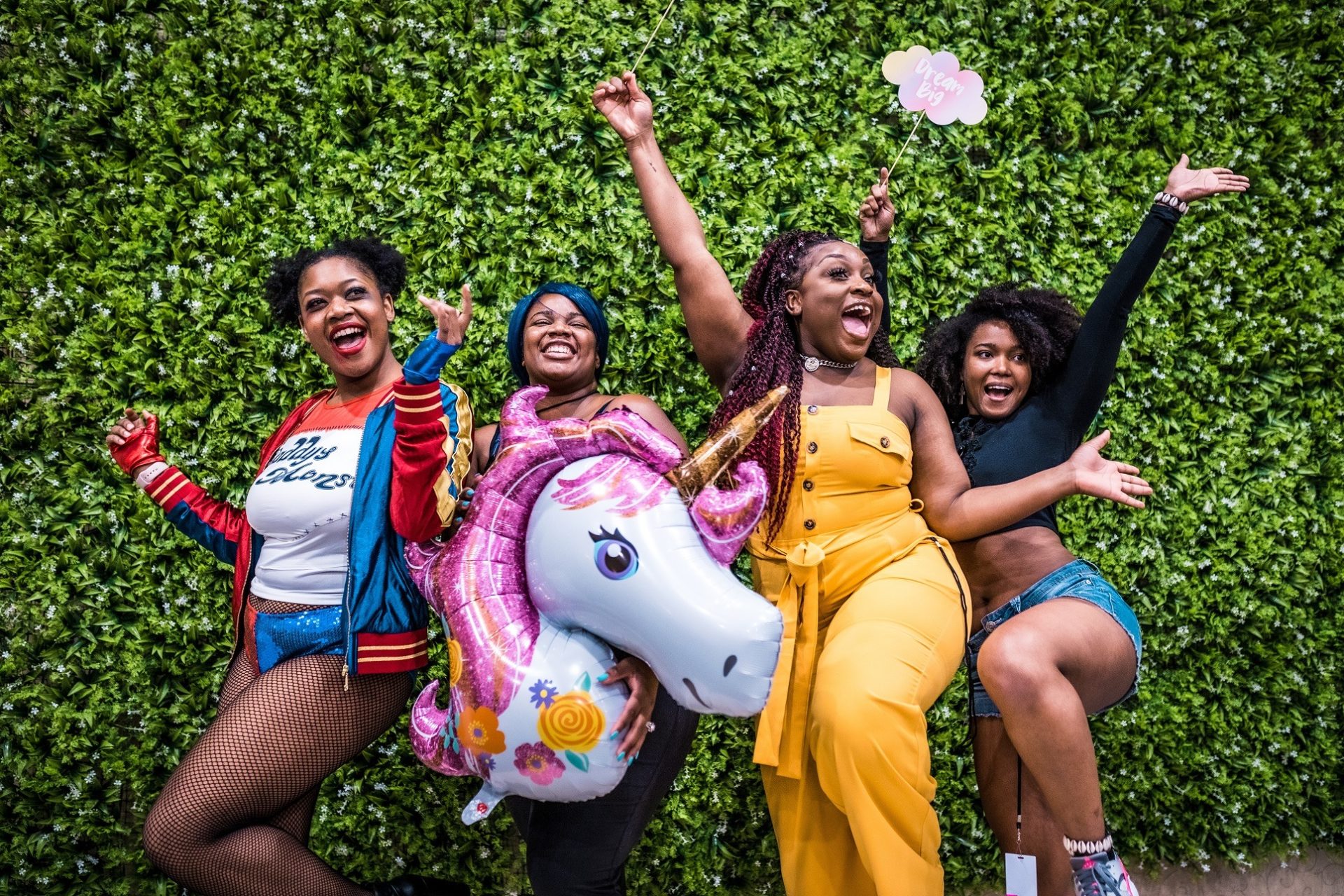The creatives behind Quirktastic grew up without a space for black youth in nerd culture... so they made their own. “You’re not really the right race to dress up as that character.” “You don’t really look like a geek.” “Are you pretending just for guys’...




